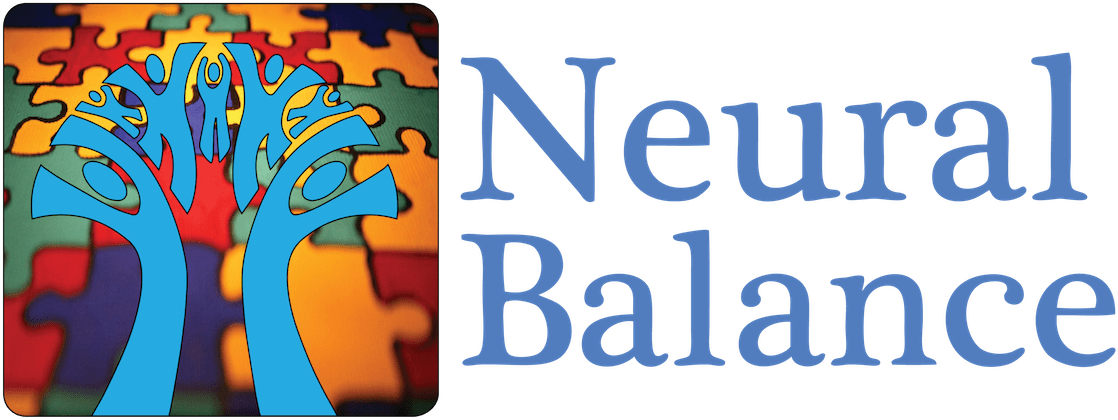Yoga has emerged as an increasingly popular activity in the U.S. in recent years. People are attracted to the ways practicing yoga can strengthen the body, calm the mind, and release overall tension. As the odd stigma surrounding yoga being a strange religious practice seems to wear off, more and more people are discovering that it can be practiced by everyone. If you take the step of having your child with behavioral issues try yoga, you will likely find it to be a perfect activity for them.
Yoga Is a Great Calming Activity
Children with behavioral issues tend to struggle with over stimulation of the senses. If you take your child to a yoga class you can expect them to be immersed in a setting with soft lighting, comfortable mats, pleasant aromas, calming music, and an emphasis on quiet voices. Yoga practices focus on controlled breathing which engages the sympathetic nervous system, naturally prompting the body to release tension and feel at ease.
Yoga Helps Develop Motor Skills
Yoga poses are all about concise, controlled motion. These poses are ideal for toning muscles, building coordination, and developing balance and stability. The calm environment gets rid of the overstimulation factor that may have been preventing your child from participating in other physical activities.
Yoga Improves Confidence and Social Skills
When a child is able to improve their coordination and motor skills, a stronger sense of self-confidence is built. This allows for less apprehension approaching social situations. The act of carefully following an instructor in order to reach specific poses helps build skills with understanding people’s actions and appropriate imitation. The act of following instructions also helps develop joint attention in social contexts.
Yoga Builds Self-Awareness and Provides Healthy Coping Skills
One of the many benefits of yoga is the emphasis that is put on mindfulness. The calming environment along with practices of controlled motion all work together to help your child get a strong sense of how his or her body and mind can be regulated. The lack of sensory overstimulation allows for focusing on noticing when anxiety sets in and how to self-soothe. Learning yoga techniques will leave your child with coping skills, such as controlled breathing mindfulness, that can be useful anytime the need arises.
